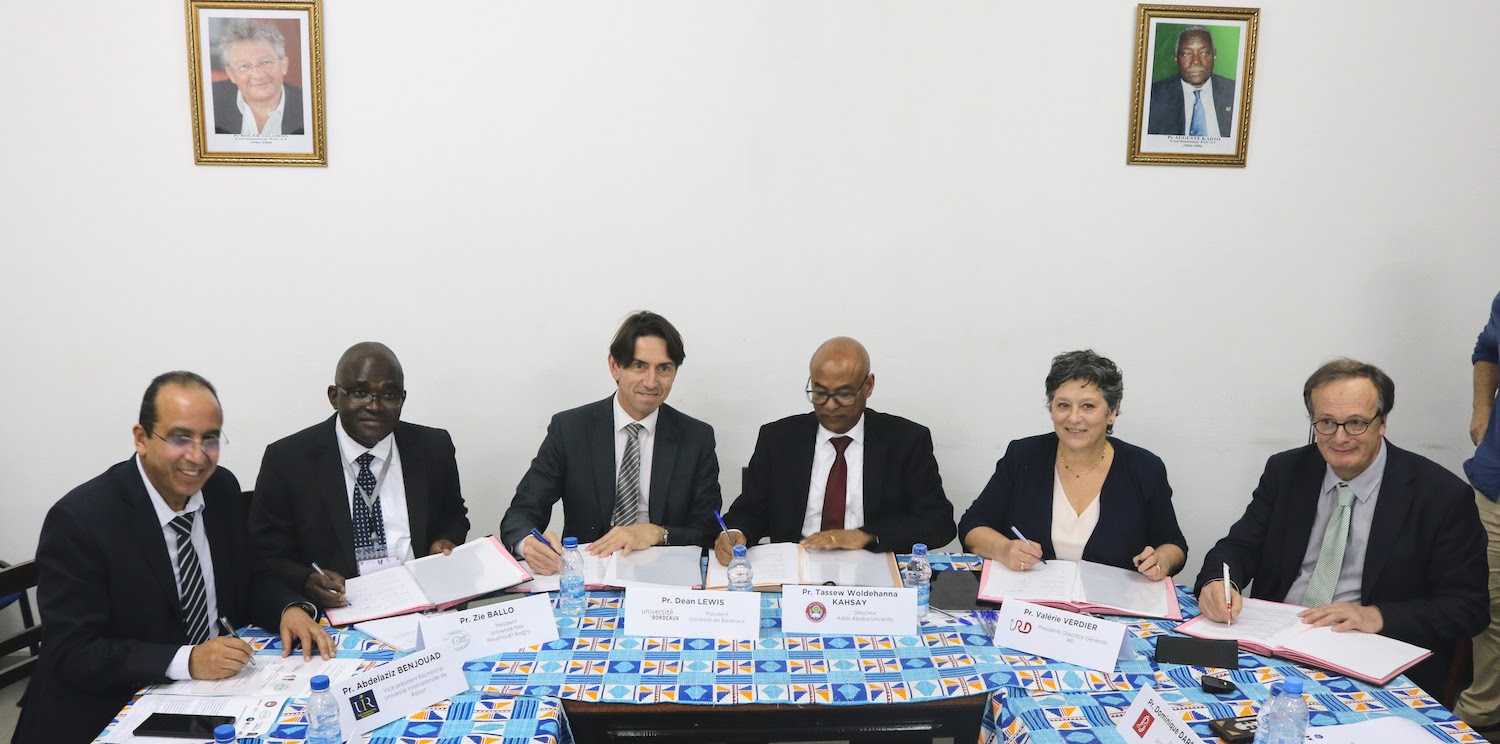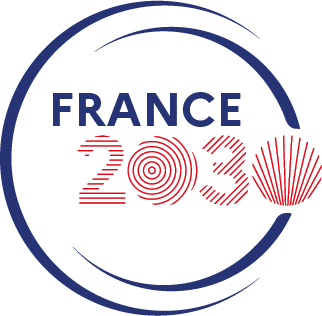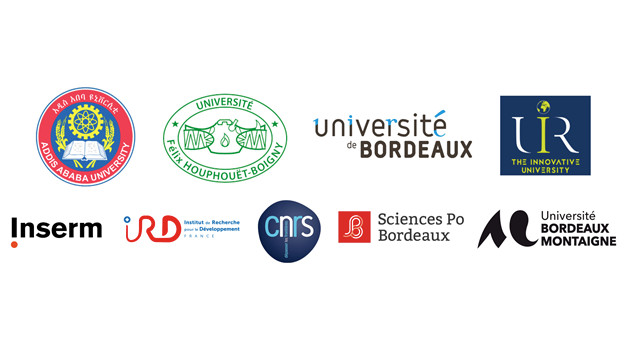IPORA
Interdisciplinary policy-oriented research in Africa
IPORA
Interdisciplinary policy-oriented research in Africa

IPORA is a trans-disciplinary international research project, created to study the major challenges facing the African continent and to find concrete solutions.
This project was set up in 2022 by teams of researchers from the Universities of Bordeaux, Addis Ababa, Abidjan and Rabat, working in the fields of economics, sociology, political science, public health, anthropology, agri-food science, law and environmental science.
In Bordeaux, this project is supported by the Global Health in the Global South (GHiGS) team at the Bordeaux Population Health (BPH) research center, the Bordeaux School of Economics (BSE)laboratory, the Les Afriques dans le Monde (LAM) laboratory and the Centre de droit comparé du travail et de la sécurité sociale (COMPTRASEC), which are attached to the Public Health, Evolution, Behaviors and Organizations (ECOr) and Social Sciences of Contemporary Change (CHANGES) research departments of the University of Bordeaux and the Bordeaux Institute of Political Studies (Sciences Po Bordeaux).
IPORA (Interdisciplinary Policy-Oriented Research on Africa) is one of seven « Major Research Programs » selected by the University of Bordeaux following an international evaluation. The eight-year program is funded by the French government as an « Initiative d’excellence » under the France 2030 plan.

OBJECTIVES
FUNDING
The IPORA Interdisciplinary Policy-Oriented Research on Africa consortium has been awarded a Programme d’investissements d’avenir (PIA) IdEx grant of 3.8 million euros from the Université de Bordeaux over a 4-year period, renewable after evaluation.

ORGANIZATION
CONSORTIUM MEMBERS

IPORA members, 3rd general assembly, March 7th 2024, Rabat, Morocco
Departments and research teams at the University of Bordeaux >> France
-Public Health Research Department
-Evolution, Behavior and Organizations (ECOr) research department
- Bordeaux School of Economcis Laboratory
-Social Sciences of Contemporary Change (CHANGES) research department
- COMPTRASEC Laboratory
Other founding academic institutions >>
-In France :
- Sciences Po Bordeaux: LAM Laboratory
- Other national research organizations: IRD, Inserm CNRS, Université Bordeaux Montaigne
-In Africa :
- Université Félix Houphouët Boigny (UFHB), Abidjan, Ivory Coast
LASMES Laboratory for Matter, Environment and Solar Energy Sciences
SMIT Department of Infectious and Tropical Diseases – Treichville University Hospital
PACCI Programme ANRS Coopération Côte d’Ivoire / PRISME (?)
- Addis Ababa University (AAU), Addis Ababa, Ethiopia
CoBE College of Bussiness Economics
CSS College of Social Science
CHS College of Health Science
CNCS College of Natural and Computational Science
- Rabat International University (UIR), Rabat, Morocco
CGS Center for Global Studies
Sciences Po Rabat
Other partners >>
In addition to the founding teams, the network is open to all players in civil society, public policy-makers and researchers from all countries and disciplines who wish to create alliances to carry out research that is useful to people and advances the concept of interdisciplinarity.
In 2023-2024, a further 16 teams have been associated with IPORA activities as members (active in IPORA WP work) or partners (collaborating as co-investigators in an IPORA research project).




 *
*